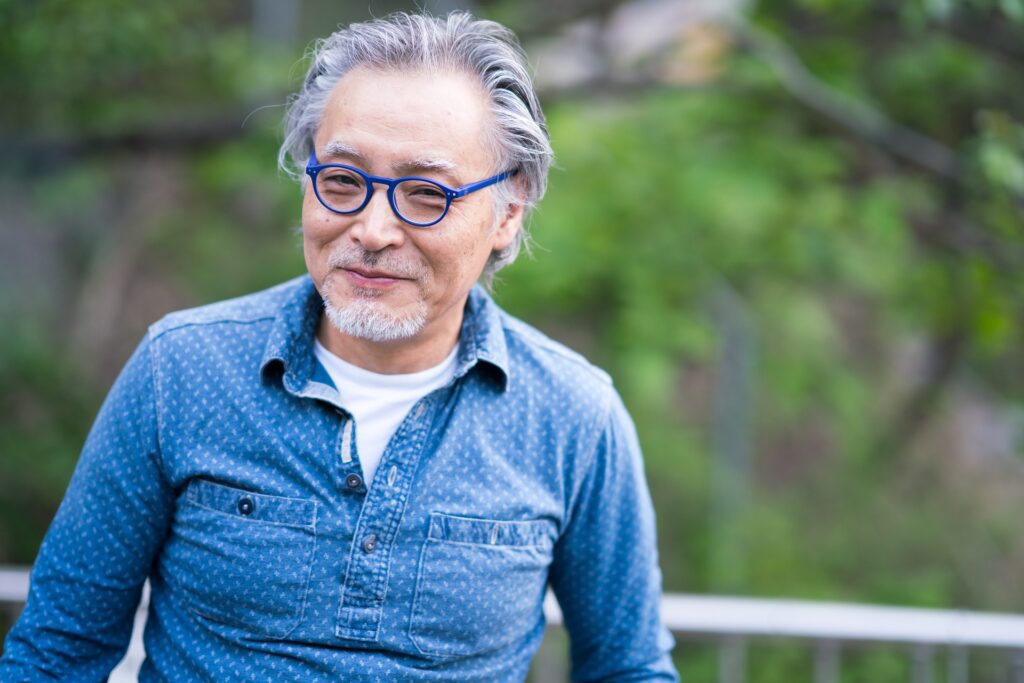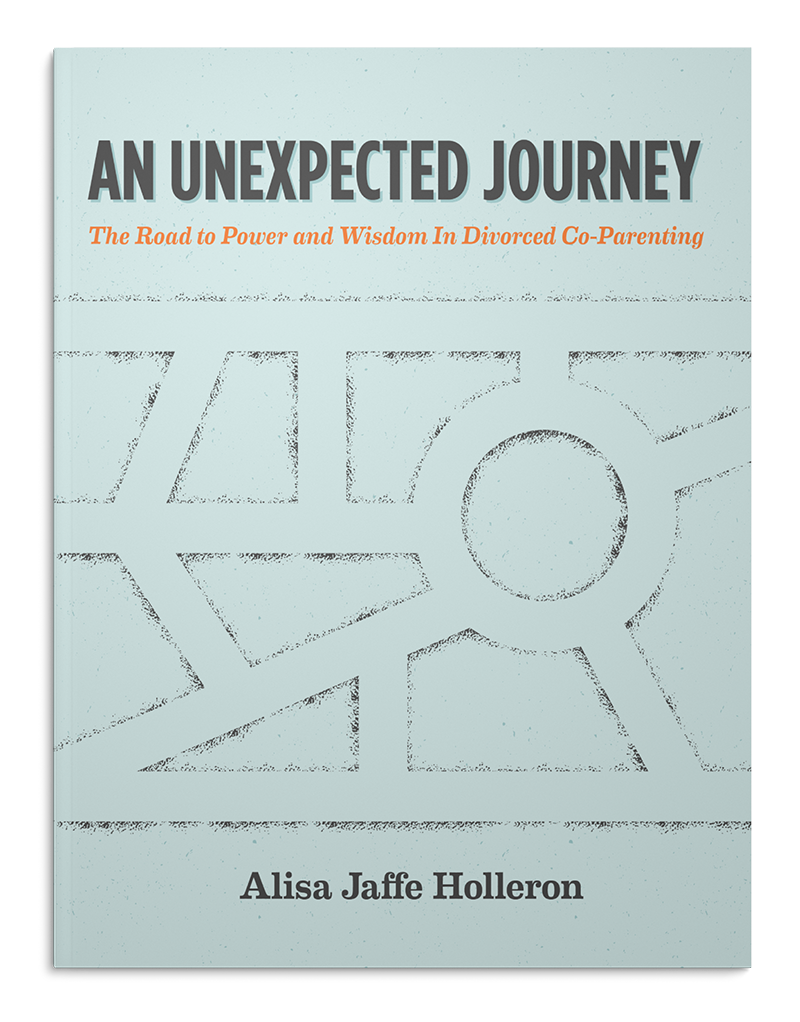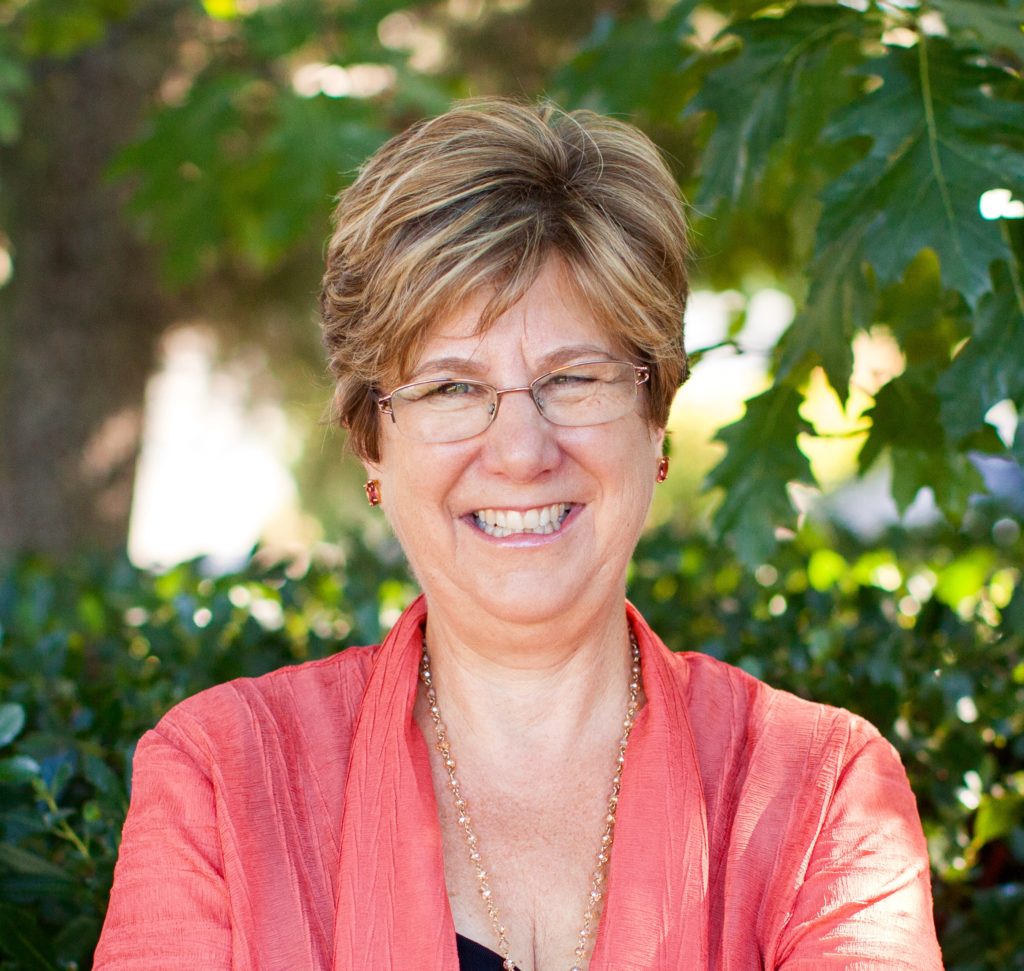A while back I read something about how smiling makes you feel good. The article said when you smile, a chemical is emitted in your brain that makes you feel happier. If you’re testing it now, you’ll see that it’s true.
I read this against a backdrop of intense worry. In the last several years, my concern about our country, and in particular the deep and painful divide between factions, has been eating me alive. The ease with which we call each other stupid, idiots, selfish, elites, uneducated, too educated, whatever, is like nails on a chalkboard. I see it in politics, on social media, in my professional life working with conflictual divorced co-parents. It can make me feel helpless and hopeless. It seemed worth a try to play around with smiling.
I made the decision that rather than let bad news infiltrate my mind first thing in the morning, I would make a list of healthy intentions for the day as soon as I began to sip my coffee. The first the thing on the list was always “smile.” I noticed that when I wrote it, I smiled, and immediately felt better, even good, even if I had woken up in a grumpy mood.
One day, after I wrote “smile” as my first intention, the idea came to write “elicit smile” as my second intention. It occurred to me that if you smile at someone, they often smile back. If I can help someone else smile, even for a moment, I could help that other person feel better. I had the feeling that eliciting a smile would make me feel even better than just smiling.
I began to intentionally smile at people on my morning walks along the lake. Often they smiled back. I was amazed how good that felt. It felt like I was actually doing something to put a little goodness into the world. But even if they didn’t smile back, I wasn’t annoyed. I let myself feel compassion for why smiling was not possible for them at that moment. I sent out a wish, a prayer, that they would be happy, that they could feel like smiling. That felt like I was doing something too.
One rainy morning, just as I was lamenting the fact that there were very few people out to smile at, a woman walked toward me with an old dog. I smiled at her and then I smiled at the dog. The dog wagged its tail. I bent down and petted him, and he wagged his tail some more. The woman said sadly “He is an old dog. He has been having seizures. He is not doing well. I don’t think he will be here much longer.” Having just lost a dog this year, I had an immediate pain in my heart. “Oh, I’m so sorry. That is so hard.” I turned to the dog and said “Take care puppy” and turned to her and said “And you take care too.”
As I started to walk on, the woman stopped me. “Thank you. Thank you very much” she said with tears in her eyes. Clearly, stopping to smile, to care about her aging dog, to care about her, even if just for a moment, was moving to her. My smile meant something. Taking the time to see her, to pay attention to her and her dog made a difference. I realized that for a minute we knew each other. We connected as humans, as feeling humans with the experience of love and loss in our life.
It really got me thinking more about smiling and connection, and also about disconnection. What causes us to disconnect and NOT see each other as humans that love and grieve and long for happiness?
Not so long ago, I met someone who I knew was very politically different than me. Circumstances gave us the opportunity to spend time together and get to know each other. I asked questions about her family, her life, her joys, her sorrows. We didn’t talk politics at all. She had beautiful eyes, a sweet and loving smile. Within a very short period of time, I felt how much she liked me and cared about me, and I liked her and cared about her as well. I was really enjoying getting to know her.
One day, she brought up a political issue. The thing she said made no sense to me. I knew she was wrong. I instantly felt my heart shut down. I felt anger and fear coursing through my veins. I wanted to close the door on her. But her smile, her eyes, her humanness, our connection were already embedded in me, and I wouldn’t let myself close the door. I made myself listen to her, and soon understood that her ideas came from her culture, which is totally different than my culture, and from her fear. She was afraid of a world where people like me would be in charge. It struck me that I was afraid of a world where people like her were in charge. We both wanted a world that feels safe, but we have different ideas about how that could happen. Telling each other we were stupid or wrong would get us nowhere.
I see that with conflictual co-parents. They are fearful and threatened by the other. Even though in many ways they really know the other, they also really don’t. They don’t know that they are fearful and threatened. They are afraid that the world their co-parent wants to create is different from the one they want. They are afraid of what it will mean if the other person gets their way.
When we don’t know people, when we have decided or been told that they are scary, wrong, dangerous, our hearts shut down and we band together with others who think like us. That makes us feel right, and it makes us feel safe. In co-parenting situations, our families and friends support our stories of how bad our co-parent is and in the political realm, we often associate with people who agree with our views of the other. Surrounding ourselves this way keeps us from challenging the ideas, assumptions and conclusions we have made about others. It is hard, hard, hard to open our hearts to the idea that the “other” might not be as bad as we think they are. It takes feeling our fear, and recognizing that they are also in fear.
Smiling is something that can break the spell. A smile connects us to others. It’s as if we look into each other hearts, even if just for a moment, and see that there is a human being behind those eyes that is no different than us. We are all hurt, we all scared, we are all longing for love and happiness in our lives. When we allow ourselves to feel this for a moment, the veil of “otherness” falls away. I have found that the more I smile at random strangers, the more I understand the truth of this.
And yes, of course, there are people in the world who harm others. I am not suggesting that we smile and forget the truth of that, or that we don’t work to protect ourselves or others. But when I think of a person or persons who I think is doing the most harm to the world, I imagine that smiling at them, softening toward them, trying to understand them and seeing them as human would get me a lot farther than closing the door of my heart.
My practice of intentionally smiling, and eliciting smiles has made me feel hopeful, less helpless. It has helped me love people more. When they smile back, I love them. When they don’t smile back, I love them. It has me noticing people and being more curious about them. The smile feels like a powerful door to connection. Isn’t that really what we need in this troubled and frightening world?
This morning I was walking on the beach. I was lost in worry about some scenario I had created in my mind. I wasn’t doing my smiling practice. My thoughts and worries disconnected me from everything around me. I didn’t notice the people walking by. I was looking at the sand, at the rocks, but mostly I was in my head ruminating. Suddenly a voice jarred me out of myself. “Good morning!” a man’s voice said. I looked up and saw a beautiful smile. “Oh! Wow!” I thought. “Look at that! Someone smiling at me!” “Good morning!” I replied and smiled.
That man’s smile moved me so. I had forgotten, but he woke me up. His smile took me out of anxiety and straight into joy. It taught me how truly important my smiling practice is. It reminded me of how interconnected we are; how this man’s smile made me smile and how my smiles will help other people smile. It helped me see that smiles are not just movements of the mouth; they are a look into the humanness of another. Smiles are vehicles of connection. Perhaps they have the power to heal a troubled world. It’s certainly worth a try.
Interesting articles about smiling:
Smiling at Strangers Was a Helpful Too for my Social Anxiety




